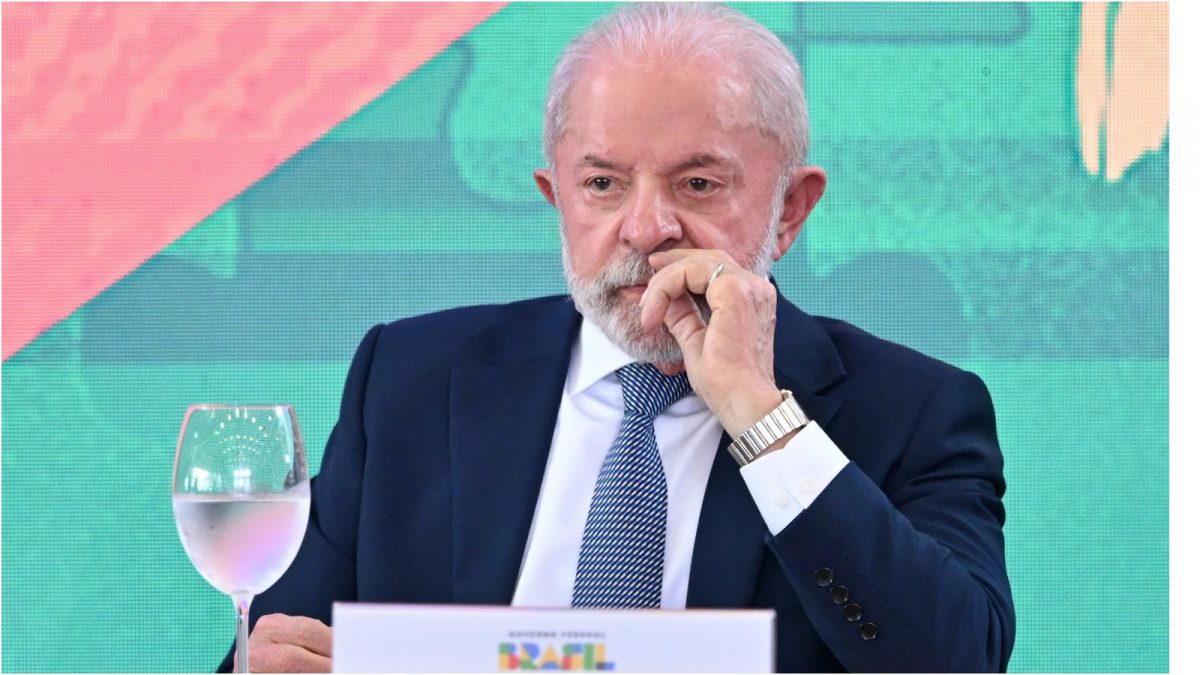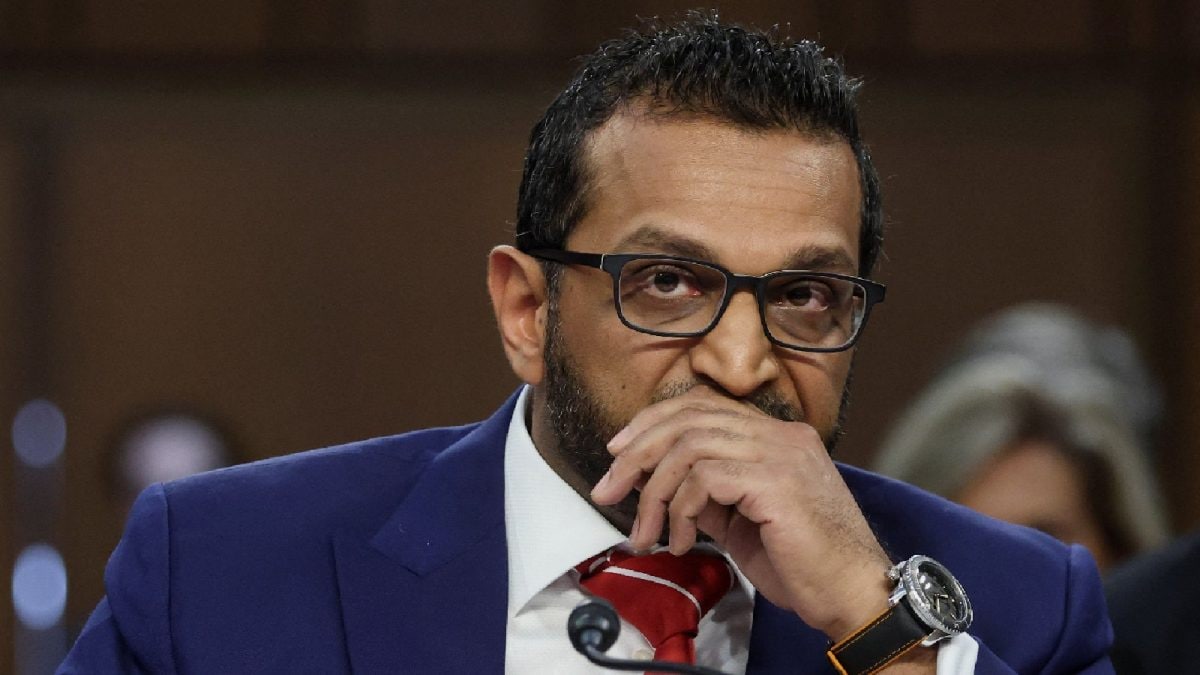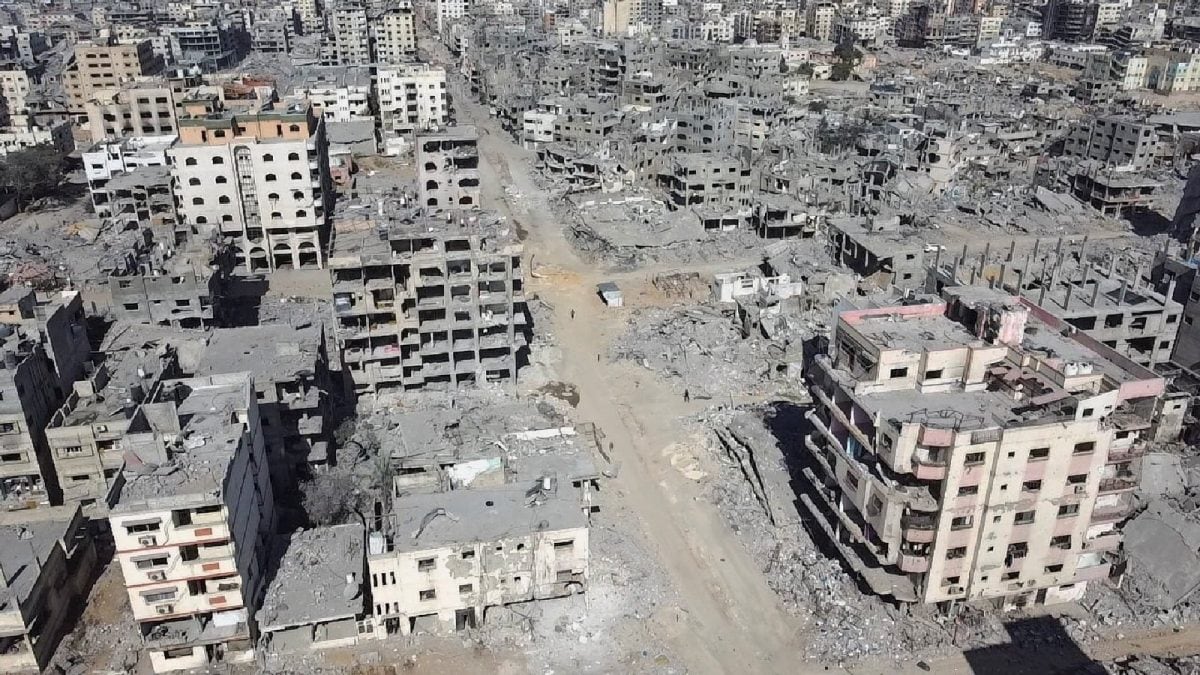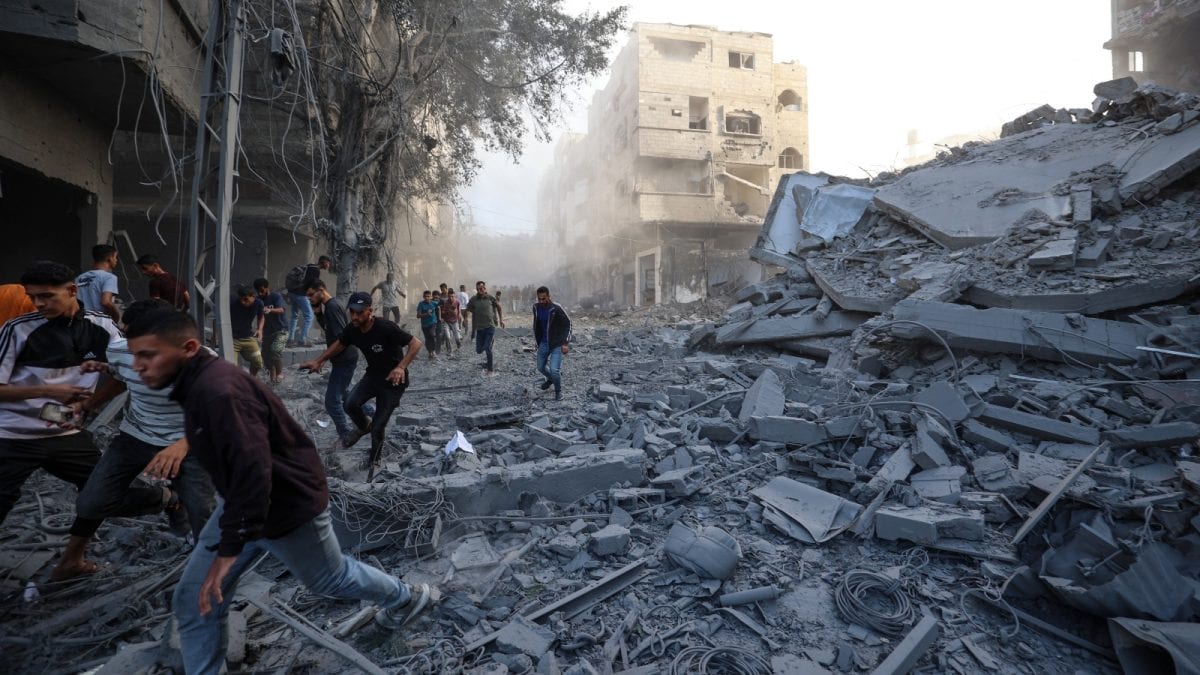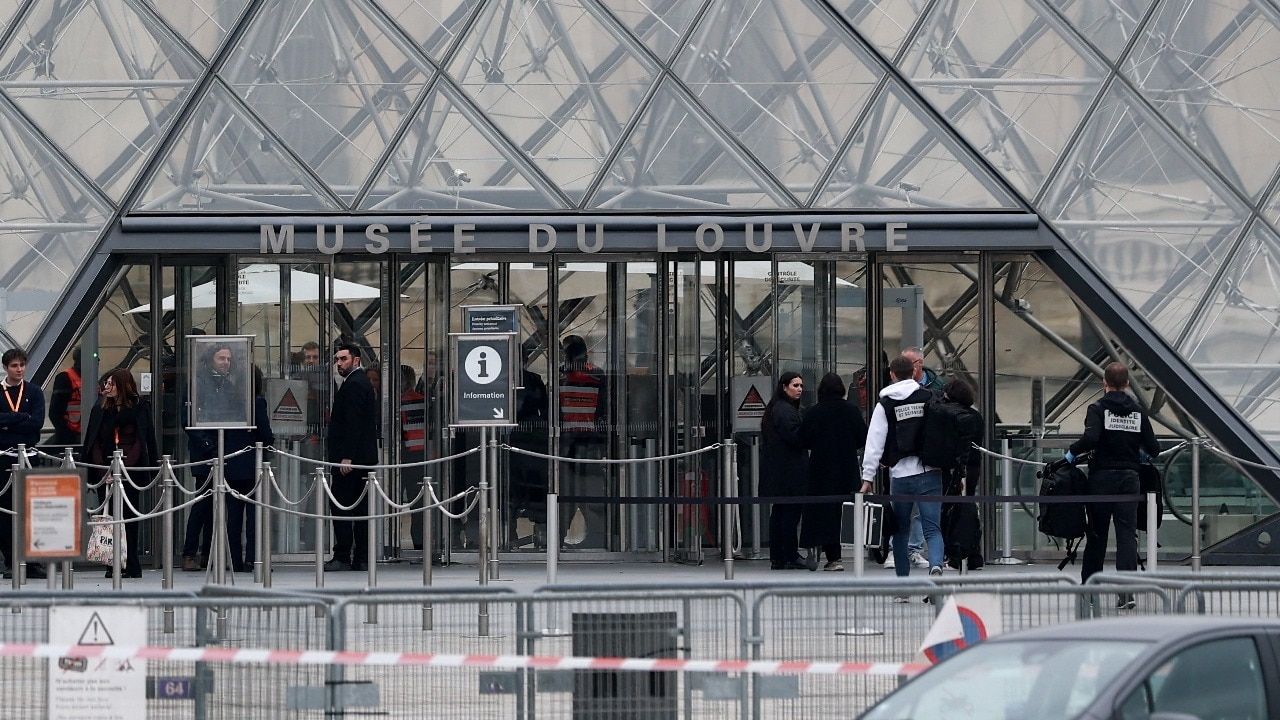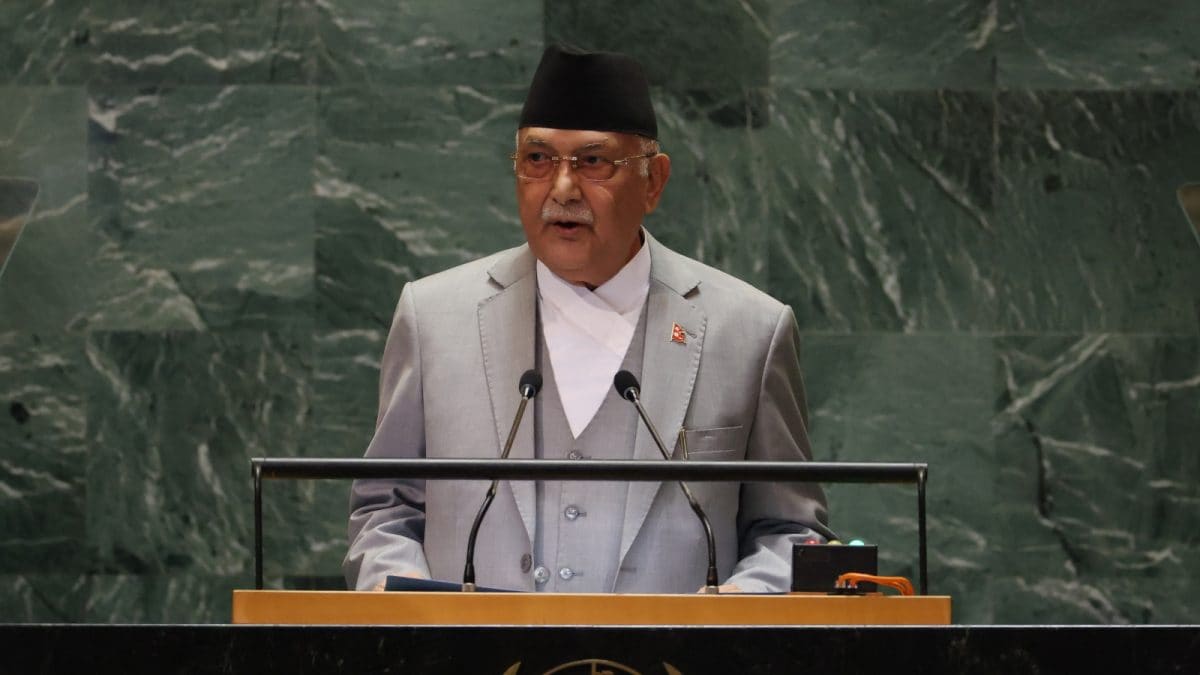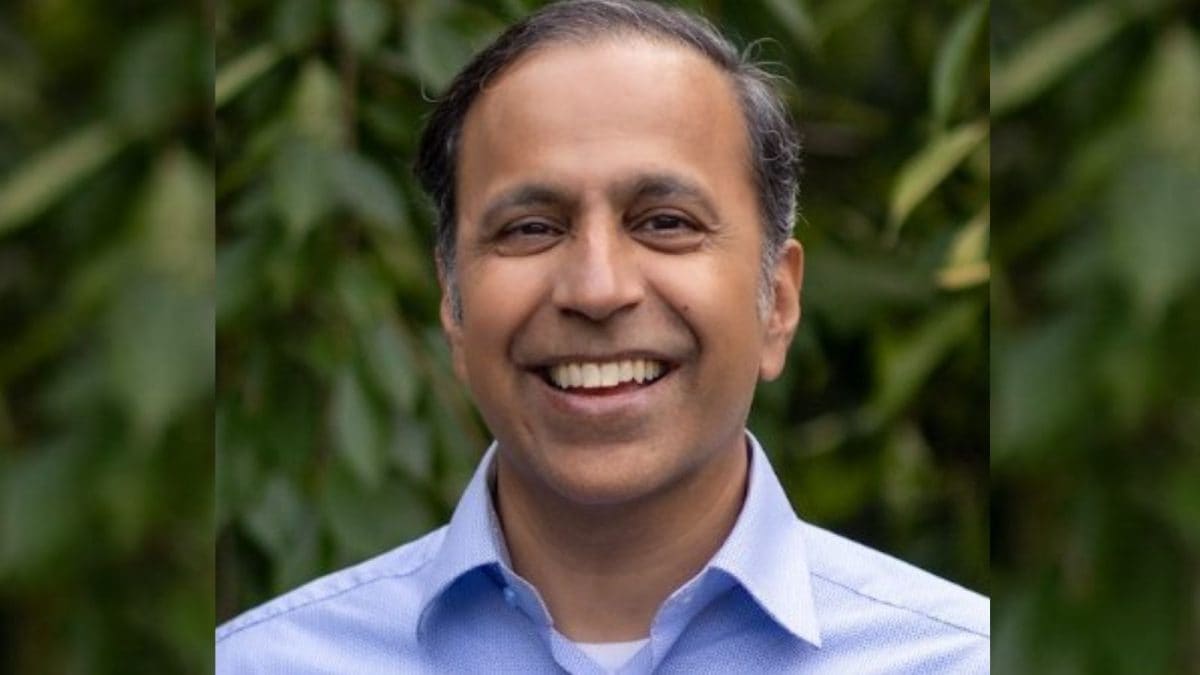Last Updated:September 16, 2025, 15:20 IST
Political killings in US are not new. Yet Kirk’s killing comes at a time of unprecedented polarisation. Since its founding, US has witnessed violence tied to governance and dissent

Charlie Kirk's assassination resonates with many as it took place in a university space, a setting designed for dialogue and debate. (Reuters Photo)
Conservative activist Charlie Kirk, co-founder of Turning Point USA, was assassinated while speaking at a packed auditorium in Utah on September 10. A lone gunman, positioned on a nearby rooftop, opened fire during the event, fatally striking Kirk. Panic spread among the thousands in attendance, and although the attacker fled, he was later captured by the police.
The killing has been labelled a political assassination, given Kirk’s prominence and the nature of the attack. For many, the incident is yet another chilling reminder of the fragile line between political disagreement and violence in the United States.
Why Kirk’s Moment Feels Different
Political killings in America are not new. Yet Kirk’s assassination comes at a moment of unprecedented polarisation in the country. It happened in a space meant for debate and public dialogue, underlining the extent to which violence has invaded democratic institutions.
This is not just a crime—it is a signal of how deeply divided the US has become, and how political rhetoric and radicalisation are once again manifesting as bloodshed.
A Look At US History Of Political Violence
Rebellions In The Republic: Since its founding, America has witnessed violence tied to governance and dissent. From Shay’s Rebellion in the 1780s to the Whiskey Rebellion of the 1790s, armed groups challenged taxation and authority. These uprisings reflected the belief that violence was a legitimate tool when people felt unheard.
The Civil War: The most devastating chapter came with the Civil War (1861–1865), fought over slavery and states’ rights. Over 600,000 people died, and the conflict left scars that still influence American politics. The war cemented the idea that political and moral disputes could spiral into mass violence.
Assassination Of Abraham Lincoln: Just days after the Civil War ended, President Abraham Lincoln was assassinated in 1865. Shot in a Washington theatre by John Wilkes Booth, a Confederate sympathiser, the murder highlighted how ideology and vengeance could take the life of a national leader.
The Case Of John F. Kennedy: Nearly a century later, in 1963, President John F. Kennedy was shot dead while riding in an open car during a motorcade in Dallas, Texas. His assassination shocked the world. The killing not only robbed America of a young and charismatic leader but also deepened public mistrust in institutions, spawning decades of conspiracy theories. Kennedy’s death remains one of the most defining acts of political violence in modern history.
The Civil Rights Era: The 1960s also brought a wave of killings targeting figures who symbolised change. Martin Luther King Jr. was assassinated in 1968 for his role in the civil rights movement. Malcolm X and Medgar Evers were also killed. Homes and churches were bombed. Violence became a weapon against progress.
Recent Extremism: In recent decades, violence has shifted from organised campaigns to lone-wolf attacks. The 1995 Oklahoma City bombing, the 2018 Pittsburgh synagogue shooting, and the January 6, 2021 Capitol attack all underscore the persistence of extremist threats. The ideology varies—from white supremacy to anti-government radicalism—but the use of violence as expression remains constant.
Why Violence Is Rising Again
Political Polarisation: Rivals are increasingly seen not as opponents but as enemies to be destroyed.
Social Media Radicalisation: Online platforms amplify hate, conspiracy theories, and extremist messaging.
Erosion Of Trust: Growing suspicion of institutions makes people less likely to accept democratic outcomes.
Dangerous Rhetoric: Leaders and media figures use language that normalises hostility.
Gun Accessibility: The widespread availability of firearms makes violent outbursts more frequent and more deadly.
Why Kirk’s Assassination Resonates
It took place in a university space, a setting designed for dialogue and debate. It targeted a polarising but prominent political figure, making the attack inherently political.
It unfolded in front of thousands, magnifying its psychological impact.
It fits a long pattern: from presidents like Lincoln and Kennedy to activists like King, political violence has shaped America’s trajectory.
What Are The Lessons In It For India?
For Indians, Kirk’s assassination is not just an American story. It reflects challenges that resonate globally.
Rhetoric Matters: When political debate turns into demonisation, violence follows.
Social Media As A Risk: India, like the US, faces online polarisation that fuels hate and hostility.
Safety Of Leaders: Political gatherings in India face similar vulnerabilities, highlighting the importance of security.
Respect For Democratic Disagreement: The survival of democracy depends on handling dissent peacefully.
What America’s Story Shows
The United States presents a paradox: it is the world’s oldest modern democracy, yet also a nation where political violence has been a recurring feature. From Lincoln’s assassination to Kennedy’s killing, from civil rights leaders to Capitol rioters, violence has both disrupted and shaped the nation.
Kirk’s murder is a continuation of that cycle, underscoring how fragile democratic societies become when polarisation deepens and opponents are seen as existential threats.
What Is The Way Forward?
Responsible Speech: Leaders must recognise that rhetoric can inspire action, and words have consequences.
Stronger Security: Public political events need robust safety measures, particularly for high-profile figures.
Curbing Online Radicalisation: Tech platforms must do more to disrupt extremist networks.
Civic Education: Societies must teach respect, tolerance, and the value of dissent early on.
Rebuilding Trust: Restoring faith in institutions is critical to ensure disagreements don’t escalate into violence.
What To Conclude?
Charlie Kirk’s assassination is not an isolated event. It sits within a centuries-old pattern where America’s divisions, when unchecked, erupt into bloodshed. The killings of Abraham Lincoln, John F. Kennedy, Martin Luther King Jr., and now Kirk, all reveal the dangerous potential of political hate.
For India, it highlights that democracy is not immune to violence. Whether in Washington or New Delhi, the health of a democracy depends not just on free elections, but on how societies confront dissent—with debate, not bullets.

Shilpy Bisht, Deputy News Editor at News18, writes and edits national, world and business stories. She started off as a print journalist, and then transitioned to online, in her 12 years of experience. Her prev...Read More
Shilpy Bisht, Deputy News Editor at News18, writes and edits national, world and business stories. She started off as a print journalist, and then transitioned to online, in her 12 years of experience. Her prev...
Read More
First Published:
September 16, 2025, 15:20 IST
News explainers Why Charlie Kirk’s Killing Is The Latest Chapter In US' Long History Of Political Violence
Disclaimer: Comments reflect users’ views, not News18’s. Please keep discussions respectful and constructive. Abusive, defamatory, or illegal comments will be removed. News18 may disable any comment at its discretion. By posting, you agree to our Terms of Use and Privacy Policy.
Scan the QR code to download the News18 app and enjoy a seamless news experience anytime, anywhere

Scan the QR code to download the app
OR

 1 month ago
1 month ago


